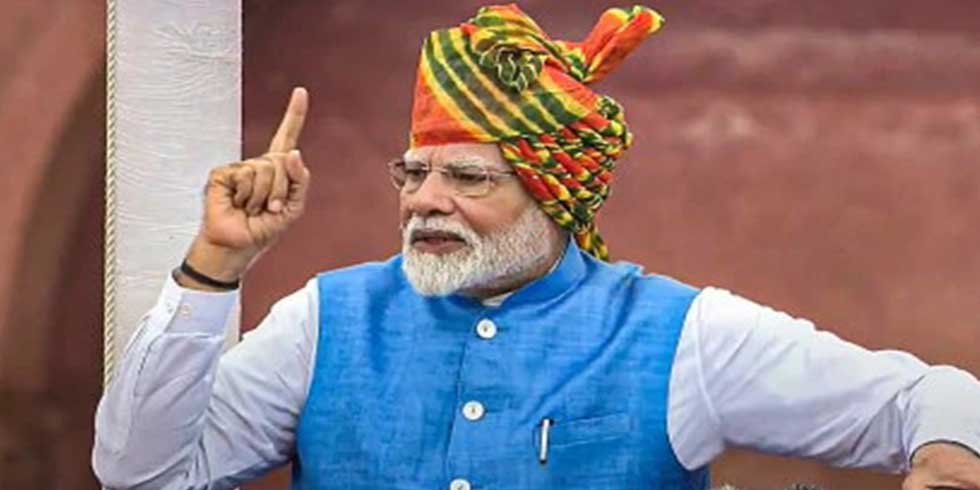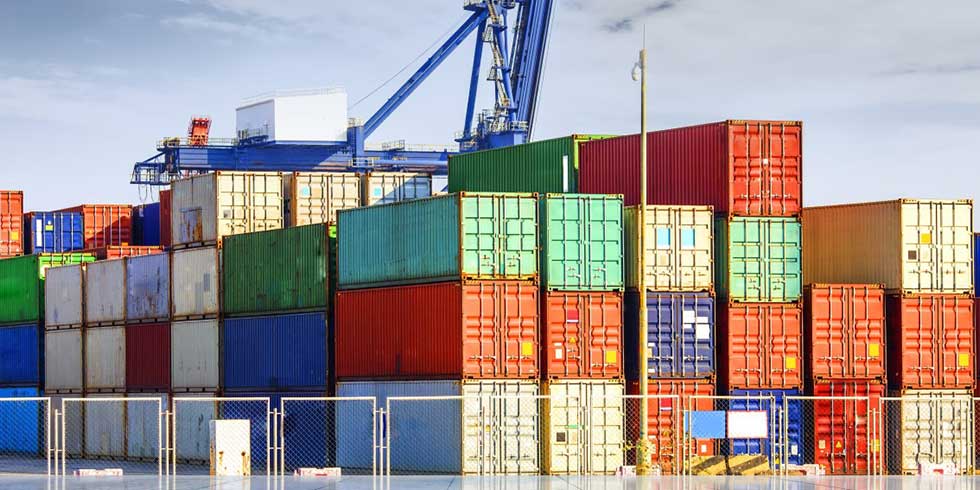India has taken up an intensive plan for gradual economic reforms starting from 1991 up until today, where the Indian government had a precise plan to counter the economic crisis it faced, according to a statement by Renu Yadav, the third secretary at the Embassy of India in Cairo at a roundtable meeting at the Indian Maulana Azad Culture Center in Cairo held on Thursday under the name “Economic Reforms: An exchange of experiences between Egypt and India”.
The meeting was attended by Indian Ambassador to Egypt Sanjay Bhattacharya; Nihal El Megharbel, the deputy Minister of Planning; Abdel Moneim Saeed, the chairperson of the Center for Strategic and International Studies in Cairo; and Ahmed El Safty, co-founder of Delta Research Center.
The economic reforms in India have been mainly dependent on the performance of specialised institutions, which were keen on supporting these reforms and implementing them, a pillar in any system of a country that seeks to implement firm economic reforms, according to Yadav. The right institutions for each specific plan is what will bring real results in terms of economic reforms, she added.
Yadav pointed out that education has played a major role in the process of planning and actually carrying out efficient economic reforms. “Right now, India is reaping the benefits of supporting and improving education,” she added.
This current phase the Egyptian economy is going through is considered the last chance Egypt has in order to improve and advance in an era where the countries of the world are racing to achieve development, according to Saeed.
“The Egyptian government is now realising that it has two strategic seas, and it can incorporate this well into its plan for economic reforms. The fact that this is something Egyptians are now well aware of will lead to major geographical and geopolitical changes. This is considered a major trend by the government,” he added.
The second trend by the government, according to Saeed, involves a shift from “managing poverty” by the Egyptian government to “managing wealth” and “ensuring a fair distribution of [it]”.
In his comparison between the Egyptian and Indian economies, Saeed explained that the size of the Egyptian economy is very large of nearly $1tn, but it still has a long way to go.
“The macro indicators are good. The reserves are moving up, the deficit is moving down, and the unemployment rate is declining as well, with the situation of the exchange rate slightly improving. But I must say, however, that the micro indicators are rather bad,” Saeed said.
El Safty said that among the main factors that helped India advance is its controlled economy. There are lots of restrictions that are actually well-implemented on exports and imports. “India also has the liquefied petroleum gas (LPG) programme, which serves a base of over 750 million consumers,” he added.
It is worth mentioning that India is the world’s second largest consumer of LPG in the domestic sector, producing over 18 million tonnes each year. It has recently embarked on an unprecedented expansion of its LPG reach through several programmes, according to Asia LPG Summit website.
Nihal El Megharbel said that the government has a plan to achieve several economic reforms, which may look similar to the Indian experience that Egypt is looking up to. She said that currently Egypt has a 15% investment rate and seeks to double it through encouraging private investments. The government also seeks to provide about 11-13 million jobs over the upcoming years to counter unemployment. So far, the government has been able to drop unemployment rates to 12% from 12.8%, according to El Megharbel.
The meeting was concluded with highlighting the fact that the economic reforms are a major tool in development and an important one to achieve economic growth. The learned lessons from the Indian experience for economic growth must be utilised in the Egyptian experience, which can be extremely beneficial for the Egyptian experience if well-observed, according to the conclusion of the meeting.








Add Comment